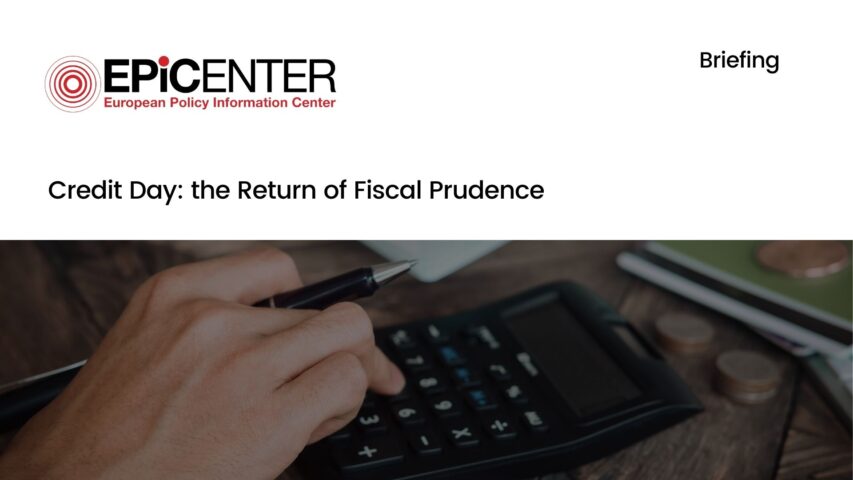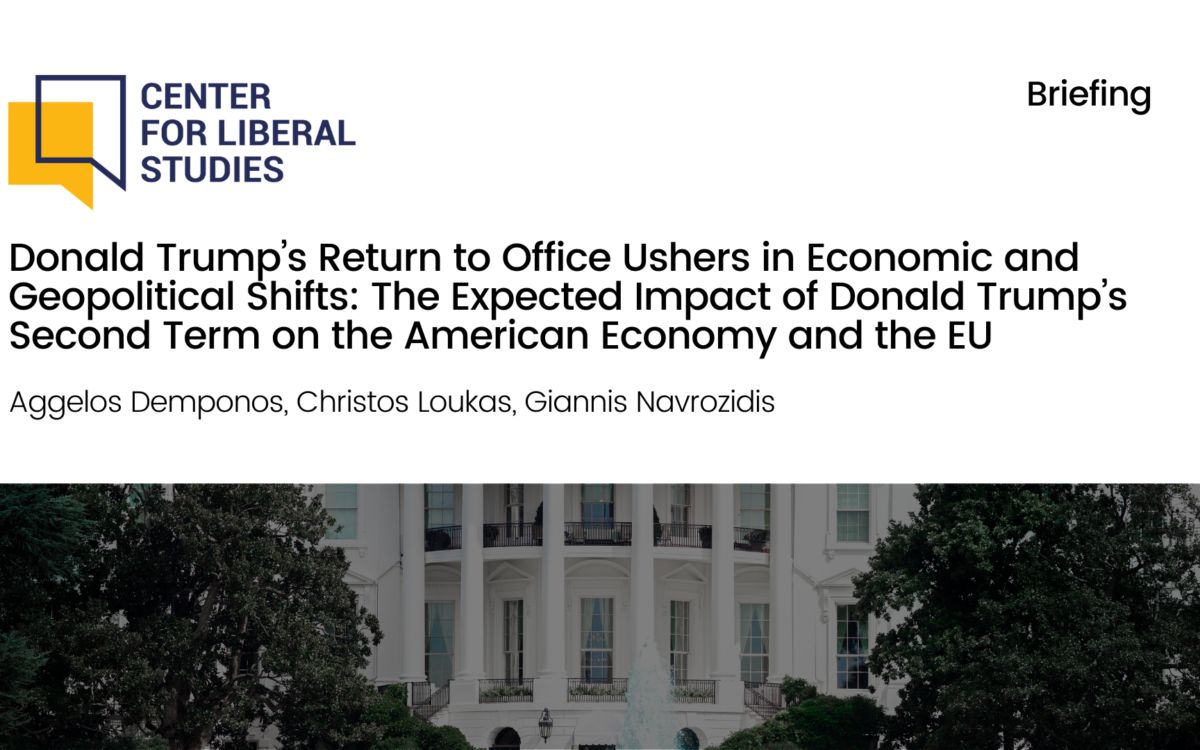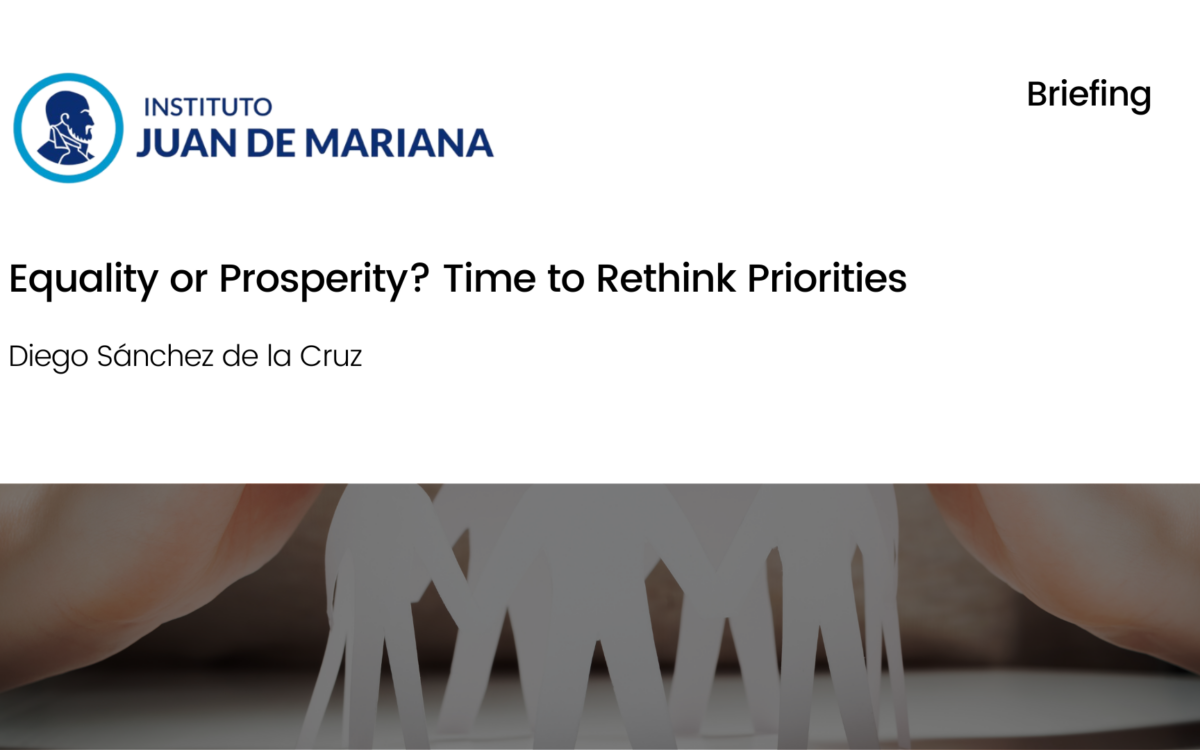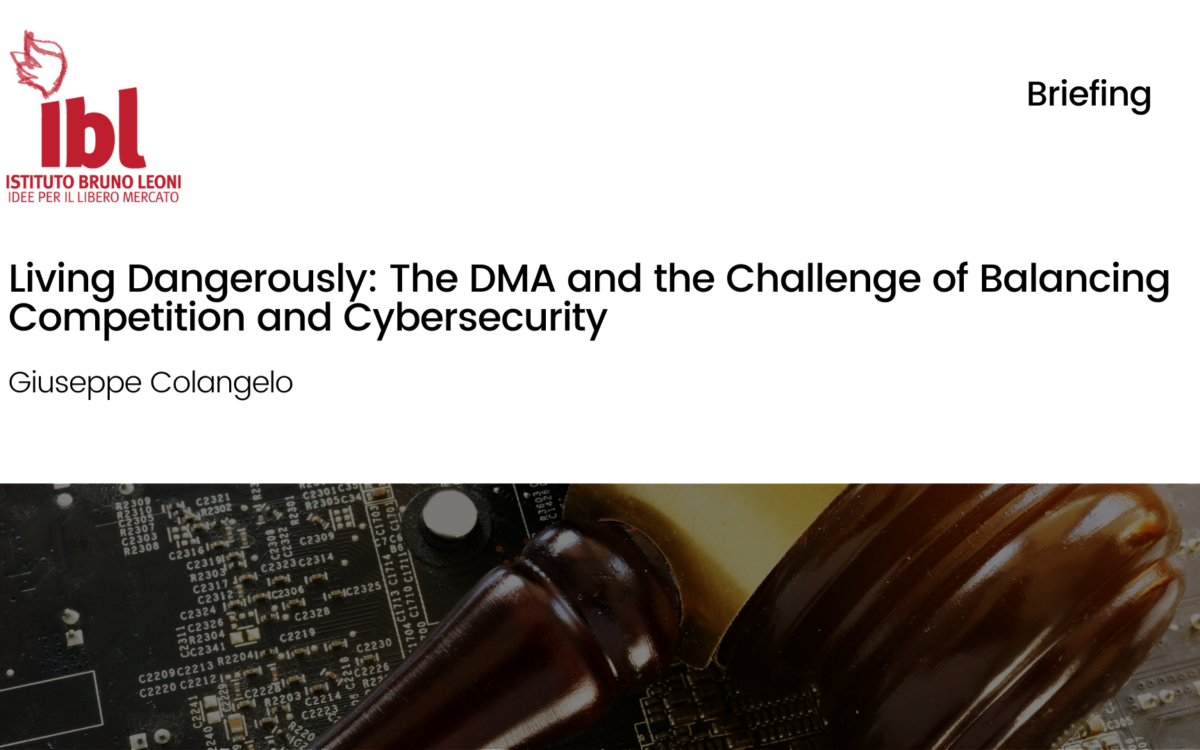Credit Day: the Return of Fiscal Prudence

Credit Day: the Return of Fiscal Prudence
November 2019
16th December marks Credit Day across Europe. This is the day that, on average, EU Member State governments have exhausted their annual tax income and start to spend borrowed money. This year, EU Credit Day will come 4 days later than last year, and 10 days later than in 2017, a significant improvement.
Eleven Member States have managed to achieve a surplus this year with Ireland, Luxembourg, Slovenia, and Bulgaria joining the group. Cyprus has dramatically changed its Credit Day from January 9th the following year to October 26th. Despite outliers like Cyprus, Romania, and France we see an overall improvement on budget control as 25 of the 28 member states have delayed their Credit Day to December or January next year.
Download or share this publication
View the PDF
EPICENTER publications and contributions from our member think tanks are designed to promote the discussion of economic issues and the role of markets in solving economic and social problems. As with all EPICENTER publications, the views expressed here are those of the author and not EPICENTER or its member think tanks (which have no corporate view).



